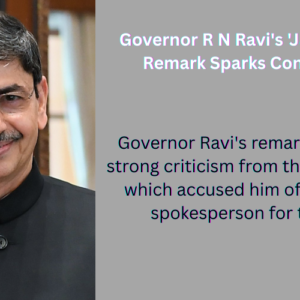The phrase “don’t/doesn’t mind” is used to convey a lack of annoyance or worry regarding something.
For example:
1. She doesn’t mind waiting a few extra minutes.
2. I don’t mind helping with the additional tasks.
3. They don’t mind the noise from the construction site.
4. He doesn’t mind sharing his workspace with colleagues.
5. We don’t mind accommodating dietary preferences for the event.
6. She doesn’t mind taking on extra responsibilities during busy periods.
7. They don’t mind adjusting the meeting time to accommodate everyone’s schedule.
8. I don’t mind the long commute because I enjoy listening to podcasts.
9. The team doesn’t mind staying late to complete the project ahead of schedule.
10. He doesn’t mind the cold weather; in fact, he enjoys winter sports.
When discussing future events, it is appropriate to use present (rather than future) verb forms after the term “mind.”
I don’t mind where we go for dinner; any day is fine, except for Friday night because I have a work event to attend.
Not: I don’t mind where we will we go for dinner
News in Same Category
 Transitive and Intransitive Verbs
Transitive and Intransitive Verbs
 Ask Questions Using Would You, Could You, Will You and Can You
Ask Questions Using Would You, Could You, Will You and Can You
 Using ‘mind’ as a verb to instruct someone to be careful or take care of something
Using ‘mind’ as a verb to instruct someone to be careful or take care of something
 The term ‘mind’ to denote the act of taking care of someone or something
The term ‘mind’ to denote the act of taking care of someone or something
 The Phrase “Never Mind”
The Phrase “Never Mind”
 Uses of ‘Mind’ as a Noun
Uses of ‘Mind’ as a Noun
 Uses of ‘Being’
Uses of ‘Being’
 ‘In a Nutshell’: Summarizing Complex Ideas Concisely
‘In a Nutshell’: Summarizing Complex Ideas Concisely
 Difference Between Phrase and Clause
Difference Between Phrase and Clause
 Either… or…
Either… or…
 Rather, Rather than, Rather a lot, Or rather
Rather, Rather than, Rather a lot, Or rather
 UGC opens doors for top global universities to establish campuses in India
UGC opens doors for top global universities to establish campuses in India
 JEE Advanced 2024: Key Dates and Enrollment Details Announced
JEE Advanced 2024: Key Dates and Enrollment Details Announced
 IIM Kashipur Announces Executive MBA Program for 2024, Invites Applications for EMAT-2023
IIM Kashipur Announces Executive MBA Program for 2024, Invites Applications for EMAT-2023
 ESIC Announces Examination Schedule for Group C Paramedical Posts
ESIC Announces Examination Schedule for Group C Paramedical Posts
 UKMSSB Announces Recruitment for 1455 Nursing Officer Positions: Application Process Begins on December 12
UKMSSB Announces Recruitment for 1455 Nursing Officer Positions: Application Process Begins on December 12
 NTA Extends JEE Main 2024 Registration Deadline to December 4
NTA Extends JEE Main 2024 Registration Deadline to December 4
 Symbiosis Reports Remarkable Response with Over One Lakh Registrations for SNAP 2023
Symbiosis Reports Remarkable Response with Over One Lakh Registrations for SNAP 2023
 How to Ask Questions in English
How to Ask Questions in English
 Auxiliary Verbs
Auxiliary Verbs















































